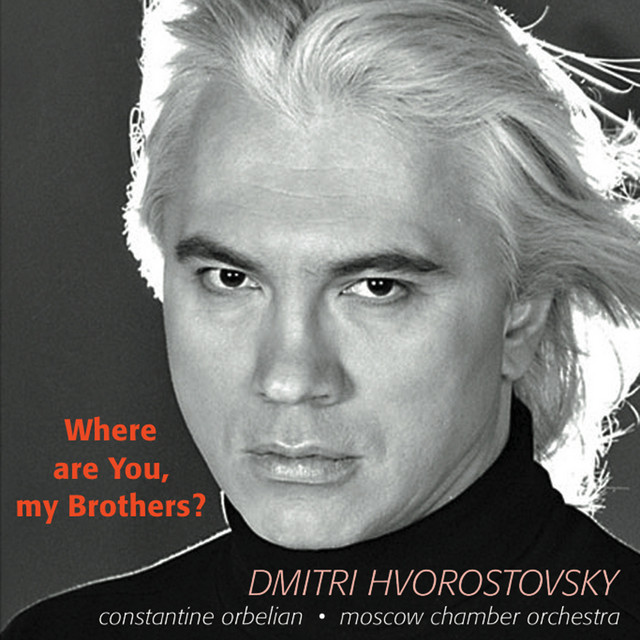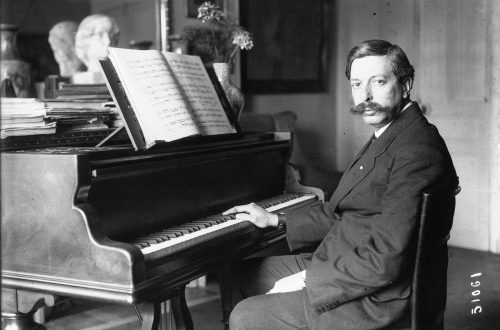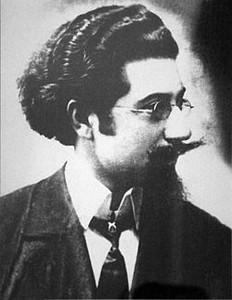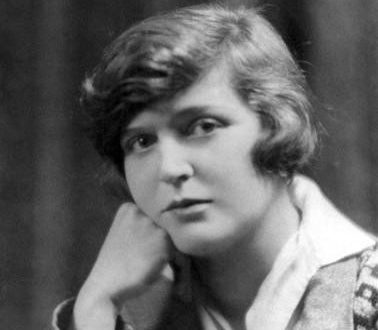
Daniil Grigoryevich Frenkel (Frenkel, Daniil) |
Contents
Frenkel, Daniel
Frenkel is the author of a large number of musical, theatrical, symphonic and chamber works. The main interests of the composer lie in the field of opera. The influence of the traditions of Russian opera classics of the XNUMXth century, primarily Tchaikovsky, and partly Mussorgsky, affected the musical style of Frenkel’s operas, marked by melody, clarity of forms, and simplicity of harmonic means.
Daniil Grigoryevich Frenkel was born on September 15 (new style) 1906 in Kyiv. As a child, he learned to play the piano, from 1925 to 1928 he studied piano at the Odessa Conservatory, and from 1928 in Leningrad. Under the guidance of the composer A. Gladkovsky, he took a course in theory and composition, and studied instrumentation with M. Steinberg. Among Frenkel’s first compositions were romances, piano pieces, as well as operas: The Law and the Pharaoh (1933) and In the Gorge (1934), based on stories by O’Henry. In his next work, the opera Dawn (1937), the composer turned to the socially significant theme of the revolutionary movement in Russia in the 1934th century. At the same time, Frenkel tried his hand at symphonic music (Simfonietta, 1937, Suite, XNUMX).
The work of the period of the Great Patriotic War and the post-war years is marked by a deepening of content, an expansion of the range of genres. The cantata “Holy War” appears, a number of chamber-instrumental compositions, including piano sonatas, a quintet, quartets, music for dramatic performances. As before, Frenkel is attracted by the opera. In 1945, the opera “Diana and Teodoro” was written (based on the play by Lope de Vega “Dog in the Manger”). Among the latest works is the opera “Dowry” (based on the play of the same name by A. Ostrovsky), staged in 1959 by the Leningrad Maly Opera House).
M. Druskin
Compositions:
operas – Law and Pharaoh (1933), In the Gorge (1934; both – after O. Henry), Dawn (1938, Opera Studio of the Leningrad Conservatory), Diana and Teodoro (based on the play by Lope de Vega “Dog in the Manger”, 1944), Gloomy River (based on the novel of the same name by V. Ya. Shishkov, 1951, Leningrad. Maly Opera and Ballet Theater; 2nd edition 1953, ibid), Dowry (based on the play of the same name by A. N. Ostrovsky, 1959 , ibid), Giordano Bruno (1966), The Death of Ivan the Terrible (based on the drama of the same name by A. K. Tolstoy, 1970), Son of Rybakov (based on the play by V. M. Gusev, 1977, People’s Opera and Ballet Theater at home culture named after Kirov, Leningrad); ballets – Catherine Lefebvre (1960), Odysseus (1967); operetta – Blue Dragonfly (1948), Dangerous Flight (1954); cantatas – Holy War (1942), Russia (lyrics by A. A. Prokofiev, 1952), At midnight at the Mausoleum, Last Morning (both 1965); for orchestra – 3 symphonies (1972, 1974, 1975), symphonietta (1934), suite (1937), ballet suite (1948), 5 symphonies. sketches (1955); for fp. with orc. — concerto (1954), fantasy (1971); chamber instrument ensembles – sonata for Skr. and fp. (1974); 2 strings. quartet (1947, 1949), fp. quintet (1947), variations for voice, vlc. and chamber orchestra. (1965); for fp. – Youth Album (1937), 3 sonatas (1941, 1942-53, 1943-51), variations on gypsy themes (1954), Capriccio (1975); for voice with fp. – romances on poems by A. S. Pushkin, E. A. Baratynsky, A. A. Blok, songs, incl. wok. cycle Earth (lyrics by L. S. Pervomaisky, 1946); music for drama performances. t-ra and movies.





